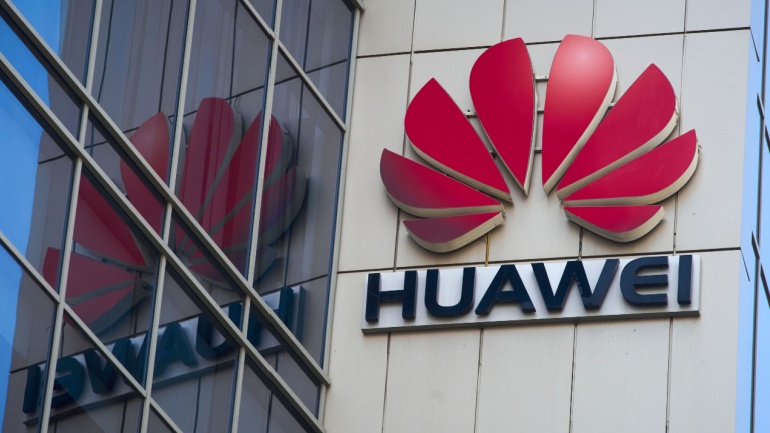Marvell Technology is experiencing substantial growth in its data center AI segment, despite an overall revenue dip for the second quarter of fiscal 2025. The company reported net revenue of $1.273 billion and a significant reduction in net loss compared to the previous year. Driven by strong AI demand, Marvell’s data center business saw record revenue, setting the stage for robust growth opportunities.
LiquidStack has launched the CDU-1MW, a Coolant Distribution Unit built for direct-to-chip (DTC) liquid cooling in data centers. With a robust 1,350kW cooling capacity, the CDU-1MW is tailored for high-performance computing, AI, and large-scale language models. This innovative unit ensures energy efficiency, operational cost reduction, and seamless integration with diverse cooling systems.
Nokia has secured a crucial agreement with Claro Argentina to deploy 5G infrastructure nationwide, positioning Nokia as the sole supplier. This collaboration aims to revolutionize connectivity, focusing on Argentina’s largest cities. By leveraging Nokia’s cutting-edge 5G AirScale technology, encompassing base stations and massive MIMO radios, this initiative promises unparalleled performance and reliability.
China Mobile, the world’s largest mobile network operator, has surpassed 1 billion subscribers, adding 559,000 new users in July alone. Notably, it also saw a net addition of 13.7 million 5G customers, bringing its total to nearly 528 million. Such growth underscores China Mobile’s strategic push in the VoIP and 5G sectors.
Germany is investing €5 billion in a new semiconductor manufacturing facility in Dresden through the European Semiconductor Manufacturing Company (ESMC) initiative. The facility will leverage advanced technologies like FinFET and aims to reduce Europe’s dependence on U.S. and Chinese semiconductor imports. This strategic move promises to enhance Germany’s role in the global semiconductor industry.
Google’s new long-term agreement with Energix Renewables underscores the escalating importance of sustainable energy in tech advancements. By supplying 1.5 gigawatt-peak of solar projects by 2030, this partnership aligns with Google’s net-zero emissions goals, ensuring clean energy for their AI-driven data centers and marking a pivotal shift towards greener technology solutions.
Huawei is expanding its AI cloud services across the Asia-Pacific region, significantly growing despite US-led sanctions. Their offerings, including Ascend Cloud Service and Pangu large language model, aim to revolutionize sectors like finance and weather forecasting. This strategic move presents exciting opportunities for VoIP engineers and IT professionals.
TIM Brasil is partnering with Nokia for a significant 5G expansion across 15 states in Brazil, set to commence in January 2025. Utilizing Nokia’s advanced 5G AirScale portfolio, including baseband and massive MIMO radios, this initiative aims to boost connectivity for both general users and regional enterprises, enhancing Brazil’s telecom landscape.
Intel’s decision to sell its stake in Arm Holdings during Q2 is a strategic move amid job cuts and intense competition from AMD and Qualcomm. This shift allows Intel to focus on AI chips and for-hire manufacturing, making it crucial for VoIP providers to closely monitor Intel’s evolving strategy in the tech industry.
Vodafone launches LTE-M, an LPWAN technology for IoT devices with low data and power needs. Converge ICT partners with Ribbon to triple its fiber network capacity. Nokia partners with BxA to enhance its Network as Code platform for healthcare applications. Hayo launches a global IoT platform for MNOs and enterprises, enhancing efficiency and connectivity with cloud-native technology and AI.












